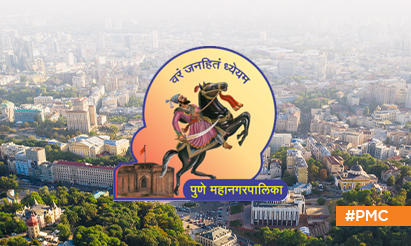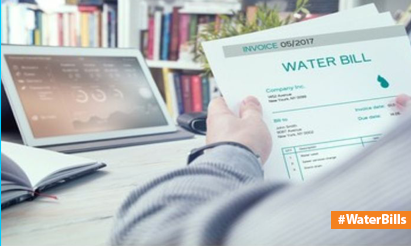All you need to know about E-Swathu
The Karnataka government introduced the E-Swathu portal in order to make the records of land ownership of rural areas available online. With an aim to reduce scams and forgeries related to properties and land, E-Swathu provides property details and related documents. This platform regulates registrations of unauthorized layouts.
What is the role of E-Swathu?
One of the main roles of E-Swathu is to maintain the records of physical details and ownership of properties under the gram panchayat jurisdiction. Updating all the details in case of liabilities, restrictions, court cases, projects, acquisition of land for the government, transfer of ownership and inheritance can also be done on the E-Swathu portal.
With the help of this portal, the gram panchayat and other government departments can get the property details with the help of the property owner. This is done to maintain records and prevent forgery.
There are two documents available on E-Swathu – Form 9 and Form 11.

What is Form 9?
Form 9 is also known as the A-Khata document. Created for the non-agricultural properties by the gram panchayat under their jurisdiction. The property should fulfill the following conditions for the gram panchayat to issue Form 9:
The Revenue Department Office should legally convert it into a non-agricultural property, as per the Karnataka Land Revenue Act, 1964.
It should have approvals and sanctions for plans related to the Town and Country Planning Act. With the help of a sketch, its location should be verified by the tahsildar. It should be issued to beneficiaries of the Ambedkar, Indira, and Basava Awaas Yojana housing schemes of the government.
What is Form 11?
Like Form 9, Form 11 is also issued by the gram panchayat offices for non-agricultural properties that fall under their jurisdiction. Form 11 is an extract from the Register of Balance, Demand, and Collection of land and building.
Uses of Form 9 and Form 11
Both of these forms are usually used for property tax collection. These documents make it compulsory for the property owner to pay the taxes as the gram panchayats are authorized to collect property taxes. They are also a mandatory document for non-agricultural properties in order to carry property registration. These documents also come in handy if you want to sell a property in gram panchayat jurisdiction.




